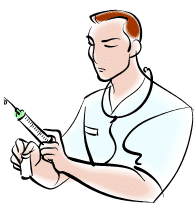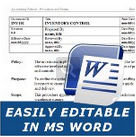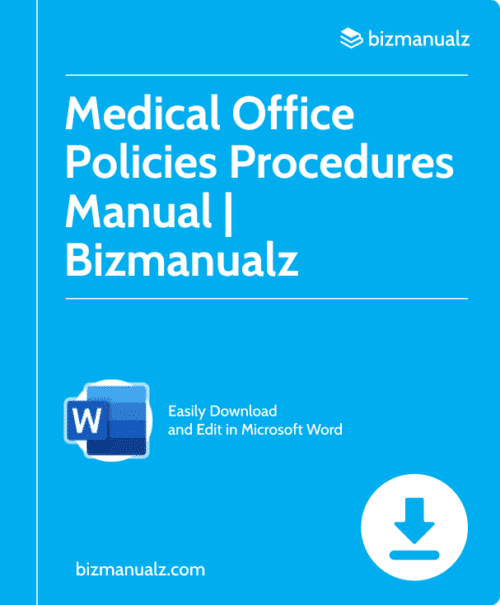Physician Assistant Job Description Template Word
Are you looking for a comprehensive and customizable job description template for a Physician Assistant position? Look no further than our Physician Assistant Job Description Template Word product!
Our template is designed to help you create a job description that accurately reflects the duties and responsibilities of a Physician Assistant. It includes sections for job summary, essential duties and responsibilities, qualifications, physical demands, and work environment.
With our template, you can easily tailor the job description to your specific needs and requirements. You can add or remove sections as needed, and customize the language to match your organization’s tone and style.
Our Physician Assistant Job Description Template Word product is also designed to be user-friendly and easy to use. It comes in a Microsoft Word format, so you can easily edit and customize the template to meet your needs. And because it’s a digital product, you can download it instantly and start using it right away.
Whether you’re hiring a new Physician Assistant or updating an existing job description, our template can help you create a clear and comprehensive job description that accurately reflects the duties and responsibilities of the position. So why wait? Download our Physician Assistant Job Description Template Word product today and start creating your perfect job description!
 PHYSICIAN ASSISTANT SUMMARY OF FUNCTIONS
PHYSICIAN ASSISTANT SUMMARY OF FUNCTIONS
The Physician Assistant (PA) practices medicine under the supervision of licensed doctors of medicine (physicians), providing health care services such as patient examinations, diagnoses, and treatments.
PHYSICIAN ASSISTANT ESSENTIAL DUTIES AND RESPONSIBILITIES
- Work under the supervision of a physician.
- Take medical histories of patients, asks questions related to their symptoms, and writes detailed notes in the medical files; review and analyze patient histories.
- Perform complete, routine physical examinations.
- Order and interpret diagnostic tests (e.g., x-rays, blood work).
- Diagnose and treat patients who are not severely ill (e.g., set broken bones, give immunizations).
- Counsel patients and their families.
- Prescribe medications, as needed.
ORGANIZATIONAL RELATIONSHIPS
Reports directly to a qualified, licensed physician.
PHYSICIAN ASSISTANT QUALIFICATIONS
A bachelor’s degree from an educational program approved by the Committee on Accreditation of Allied Health Education Programs (CAAHEP) is required, as is NCCPA certification. A master’s degree in Physician Assistant Studies (MPAS), Health Science (MHS), or Medical Science (MMSc) is preferred. Must have a current state physician assistant’s license.
PHYSICIAN ASSISTANT PHYSICAL DEMANDS
Ability to communicate orally with patients, physicians, and other health care professionals is crucial. Regular use of the telephone is important. Standing, walking, or sitting for extended periods is common. Hearing and vision within normal ranges is helpful for normal conversations, to receive ordinary information and to prepare or inspect documents.
Heavy lifting is not expected. Exertion of up to 10 lbs. of force occasionally may be required. Good manual dexterity for the use of common office and medical equipment such as computer terminals.
Good reasoning ability is required to solve a wide range of medical and emergency problems. Able to apply algebra and other analytics as required. Able to maintain emotional stability to cope with human suffering, emergencies, and other stresses. Able to understand and utilize management reports, medical charts, and other documents to conduct business.
WORK ENVIRONMENT
The job is performed indoors in a traditional medical office or hospital setting. Exposure to potentially dangerous materials and situations that require following extensive safety precautions as well as loud noises, unpleasant odors, and liquids may occur. Protective safety equipment may be required including appropriate clothing, shoes, gloves, and goggles as needed. Activities include extended periods of standing, walking, or sitting and extensive work with measuring devices, medical equipment, and computers.























Reviews
There are no reviews yet.